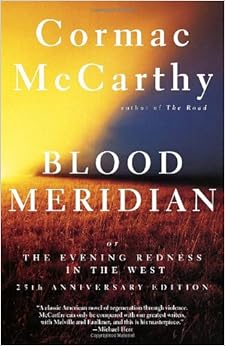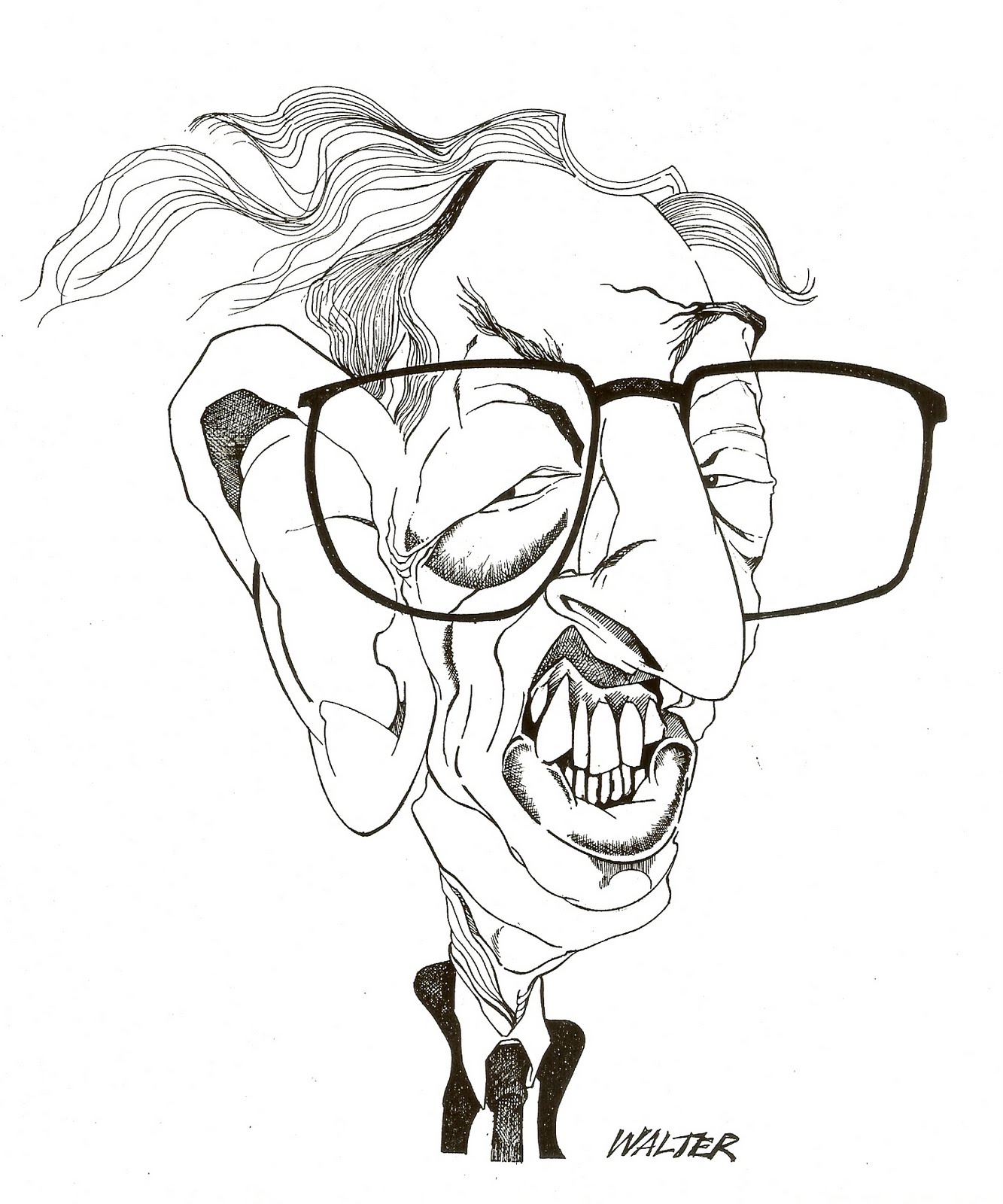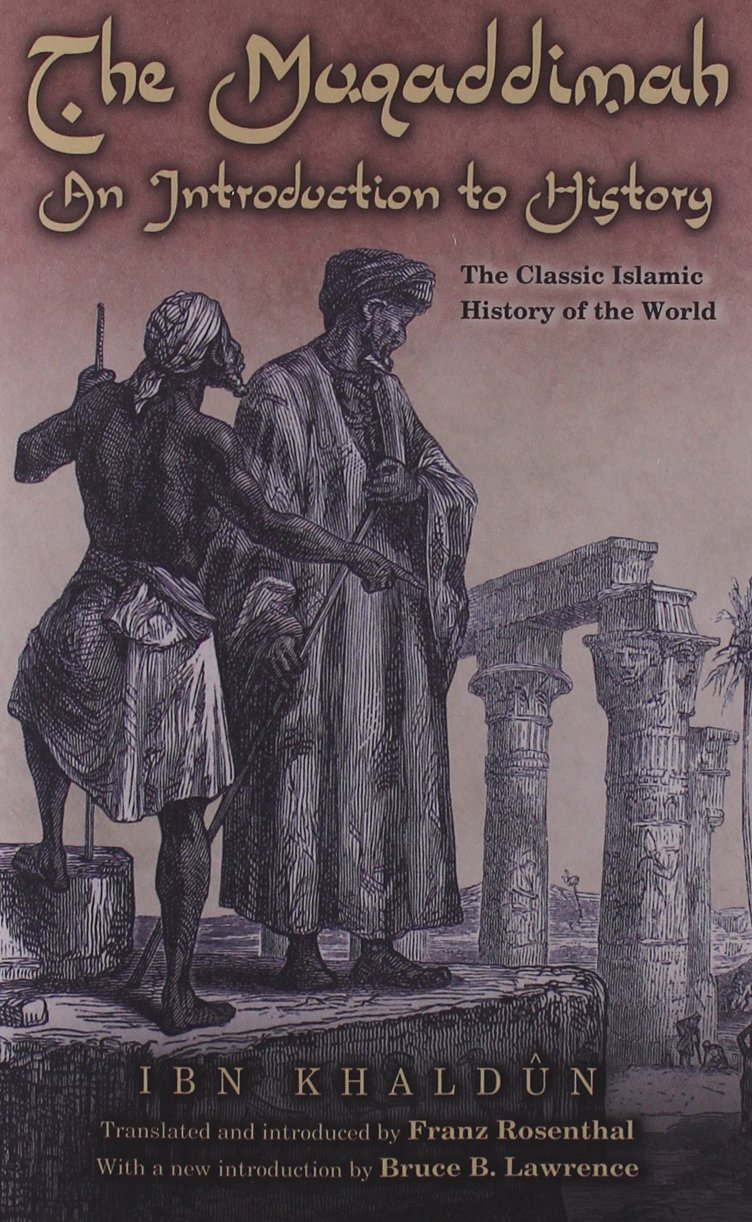Review: Blood Meridian by Cormac McCarthy
Sunday, August 16th, 2015[by Mark Safranski, a.k.a. “zen“]

Blood Meridian: or The Evening Redness in the West by Cormac McCarthy
Cormac McCarthy and Blood Meridian first came to my attention back in 2000 when noted literary critic, Yale professor Harold Bloom was interviewed on C-Span’s Booknotes regarding his book, How to Read and Why. Bloom, an eccentric character who owns a personal collection of 95,000 books, gave Blood Meridian and McCarthy, of whom at that time I had never heard, a remarkable endorsement:
….One book in particular, a very great book and I’m very glad you bring it up, Brian, a book called “Blood Meridian,” which I write about at some length at one point in this book. Many of McCarthy’s novels are remarkable, including “All The Pretty Horses,” the first volume of the Border Trilogy. I–I don’t think the second and third volumes are quite as fine. And some of his earlier novels like “Suttree” are very Faulknerian, somewhat derivative, are still remarkable books. But he has written one masterpiece, which I would say is–I mean, of contemporary American fiction, of fiction written by human beings still alive and among us, I would list Philip Roth’s “Sabbath’s Theater” and “American Pastoral.” I would list Don DeLillo’s “Underworld.” I would certainly list Thomas Pynchon’s “The Crying of Lot 49” and “Gravity’s Rainbow” and his recent and magnificent “Mason and Dixon.”
But if I had to vote for one novel by a living American, it would be “Blood Meridian,” which is a fearsome story and terrible parable in which I think has a deep, implicit warning for current American society….
….But it’s fascinating to me that you ask that, Brian, because the first two times that I read it, I could not read it. And I admit this to my students and I admit that in this book. I broke down–I don’t know what–after 15 or 20 pages the first time and after 70 or 80 pages the second, because the sheer carnage of it, though it is intensely stylized, is nevertheless overwhelming. It’s–it’s–it’s shocking. It’s–it’s horrifying. And it takes a very strong stomach, but if you break through it, if you–if you read your way into the cosmos of the book, then you are rewarded. You get an extraordinary landscape. You get an extraordinary visionary intensity of personality and character. You get a great vision, a frightening vision of what is indeed something very deeply embedded in the American spirit, in the American psyche. And the more you read the book, I find, the more you will be able to read the book. It is–it’s as close, I think, to being the American prose epic as one can find, more perhaps even than Faulkner, though there are individual books by Faulkner like “As I Lay Dying,” which are perhaps of even higher aesthetic quality and originality than “Blood Meridian.” But I think you would have to go back to “Moby Dick” for an American epic that fully compares to “Blood Meridian.”
I made a mental note of this despite the fact that Western novels were not my thing. After a while, I read Bloom’s book, which had some interesting, additional insights and then thought no more about the matter until many years later when I watched the film No Country for Old Men, based upon the McCarthy novel. I thought Anton Chigurh was a chilling antagonist, as demonstrated in the scene below:
The screen depiction of Chigurh caused me to recollect Bloom’s commentary regarding the ominous central character and the antagonist of Blood Meridian, Judge Holden, who may or may not have been a historical person:
….And the Glanton gang, an extraordinary group of free booters or filibusters, have with them as their spiritual leader a frightening manifestation, a Melvilleian–a kind of human Moby Dick, Judge Holden, who is a vast albino fellow as round as I am but seven foot tall and who has all languages, all knowledges and who preaches endlessly of the theology of violence and war, and who is still alive and dancing and fiddling and proclaiming that he will never die at the end of the book. And indeed, he has never died. He–he is responsible for those horrible posses we have out there in Idaho. He is responsible for those people who blew up the Federal Building. He is responsible for these mad people who break into schools and shoot children. There is–we–we are a country that has had a kind of perpetual ongoing religious revival since the year 1800, and simultaneously, we have been completely gun crazy for the last two centuries. And in some sense, that’s what McCarthy’s great book is about.
Blood Meridian was inspired by the exploits of the marauding, scalp-hunting, Glanton Gang in the mid-19th century Southwest and Northern Mexico in the years after the Mexican War. The nameless protagonist, known only as “the Kid” escapes massacre and is saved from abject poverty and starvation in the desert when he reluctantly joins up with Captain Glanton’s mercenary company of Indian fighters. Glanton’s gang is bound for Mexico with a rich contract from a Mexican governor to kill off and scalp the murderous, hated, dangerous Apaches. Glanton, the leader of the enterprise, is a laconic, impulsively violent, stone-cold, professional killer whose eyes were “burning centroids of murder”; most of his crew of cut-throat vagabonds, renegade Indians and Texan filibusteros the Kid interacts with are cut from the same, if duller, cloth as Glanton, but a few stand out; Benjamin Tobin the ex-priest, Louis Toadvine the outlaw, Davy Brown, who wears a necklace of human ears and repeatedly spars verbally with Glanton’s eerie second in command, Judge Holden.
Having been hired to kill marauding Apaches, Glanton’s company proves itself Golem-like, to be a cure worse than the disease. With some good fortune, Glanton’s men improbably prevail in their scalping raid despite being outnumbered 500 to 1 by the Apaches. Their fury, goaded by Glanton and Judge Holden, is anarchic and protean, instigating a kaleidoscopic bloodbath akin to a Biblical plague, consuming Mexicans, settlers, women, children, saloon-keepers, whores, herds of livestock and whole villages perish by their guns and bowie knives. Glanton’s men also perish, yet the company fights and murders and rapes and pillages along its way despite ever diminishing numbers until dirt and blood are caked indistinguishably on skin, clothing and horse. In this, McCarthy has captured something of the reality of war, especially irregular war in frontier spaces in a way that exceeds all contemporary fiction. Only reality will do for comparison and we must search for kindred horrors in places like Mexico, the Congo or Iraq. Glanton’s men would be at home with ISIS (or in fighting them), cutting off Zeta heads in Mexican plazas or tearing up Waziristan country, leaving smoking villages and violated mosques in their wake.
Judge Holden figures centrally here. Many critics and fans have commented upon the possibly supernatural nature of Judge Holden, a characteristic that increases and becomes more evident as the novel matures. An albino giant of tremendous size and strength, the Judge is nevertheless nimble and cunning, speaking at need all languages and mastering every art to which he cares to put his hand, the Judge can orate like Cicero, fight like a savage and outdance the Devil. Judge Holden reflects many different literary archetypes – the trickster, Old Scratch, the mysterious Stranger, Woland and so on, but what Holden is more than any of that is a prophet of war without limit, reason or restraint. The Judge is a Clausewitzian death-god, delighting in the unchaining of chaos and murder:
….The judge cracked with the back of an axe the shinbone on an antelope and the hot marrow dripped smoking on the stones. They watched him. The subject was war.
The good book says that he that lives by the sword shall perish by the sword, said the black.
The judge smiled, his face shining with grease. What right man would have it any other way? he said.
The good book does count war as an evil, said Irving. Yet there’s many a bloody tale of war inside it.
It makes no difference what men think of war, said the judge. War endures. As well ask men what they think of stone. War was always here. Before man was, war waited for him. The ultimate trade awaiting its ultimate practitioner. That is the way it was and will be. That way and not some other way
He turned to Brown, from whom he’d heard some whispered slur or demurrer. Ah, Davy, he said. Its your own trade we honor here. Why not take a small bow. Let each acknowledge each.
My trade?
Certainly.
What is my trade?
War. War is your trade. Is it not?
And ain’t it yours?
Mine too. Very much so.
What about all them notebooks and bones and stuff?
All other trades are contained in that of war.
Is that why war endures?
No, it endures because young men love it and old men love it in them. Those that fought, those that did not.
That’s your notion.
The judge smiled. Men are born for games. Nothing else. Every child knows that play is nobler than work. He knows too that the worth or merit of a game is not inherent in the game itself but rather in the value of that which is put at hazard. Games of chance require a wager to have meaning at all. Games of sport involve the skill and strength of the opponents and the humiliation of defeat and the pride of victory are in themselves sufficient stake because they inhere in the worth of the principals and define them. But the trial of chance or trial of worth all games aspire to the condition of war for here that which is wagered swallows up the game, player, all.
….This is the nature of war, whose stake is at once the game and the authority and the justification. Seen so, war is the truest form of divination. It is the testing of one’s will and the will of another within that larger will which because it binds them is therefore forced to select. War is the ultimate game because war is at last a forcing of the unity of existence. War is god.”
Although he did not see the Clausewitzian absolute war in Holden, Bloom’s analysis comes very close:
The violence is the book. The Judge is the book, and the Judge is, short of Moby Dick, the most monstrous apparition in all of American literature. The Judge is violence incarnate. The Judge stands for incessant warfare for its own sake.
Indeed, as the story shifts for imperceptible reasons, Holden perhaps withdraws his apocalyptic benediction from the gang, Glanton is killed and his men dead or scattered by the vengeful Yuma Indians. The Kid senses the judge is no longer the ally he once was but a dangerous enemy and the ex-priest Tobin knows it and desperately fears what is to come. They take their leave but Holden tracks and hunts them in the desert, seemingly to no avail until, decades later, the Kid and the judge cross paths again, last survivors of the Glanton Gang.
Blood Meridian is a must read book.
ADDENDUM:
Actor-director James Franco is a devoted fan of Blood Meridian and has attempted a video sketch/rough cut of one of the book’s more important scenes. The short video does not make it on all accounts. Their Judge Holden is miscast (if good casting is possible) but the Kid and Tobin are well represented and the dialogue and screenplay are true to McCarthy’s intent. It is worth a watch.










